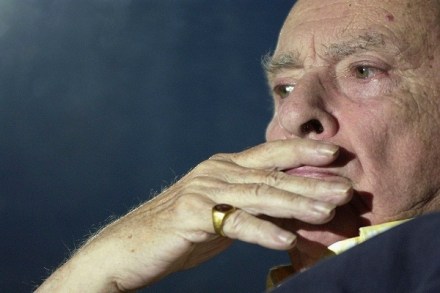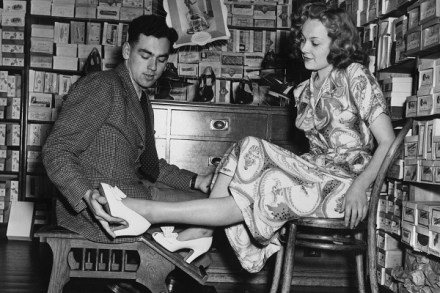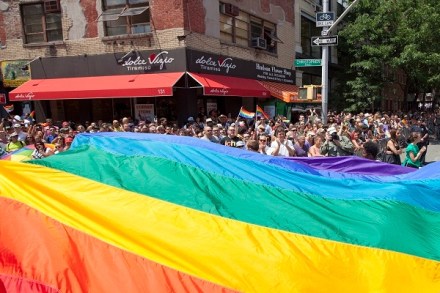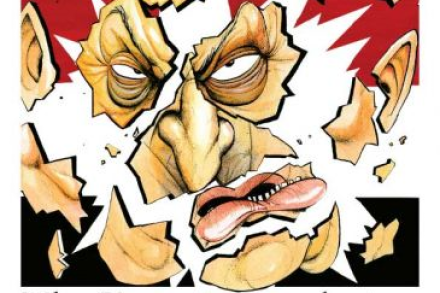Rereading Gore Vidal
Gore Vidal was famously waspish or infamously nasty, depending on your point of view. Most outspoken (and successful) writers divide opinion, but Vidal does so more than most. His distinctive prose and the righteous fashion in which he expressed his liberal opinions are not for everyone; one man’s crusading iconoclast is a preachy monomaniac to those of different inclinations. In all the dense weight of recollections and memorials published since Vidal’s death on Tuesday, I have not seen a sharper criticism of his writing and its preoccupations than that made by Spectator reader Walter Taplin in a letter to the magazine in 1982. ‘Sir, On page 13 of the Spectator


















